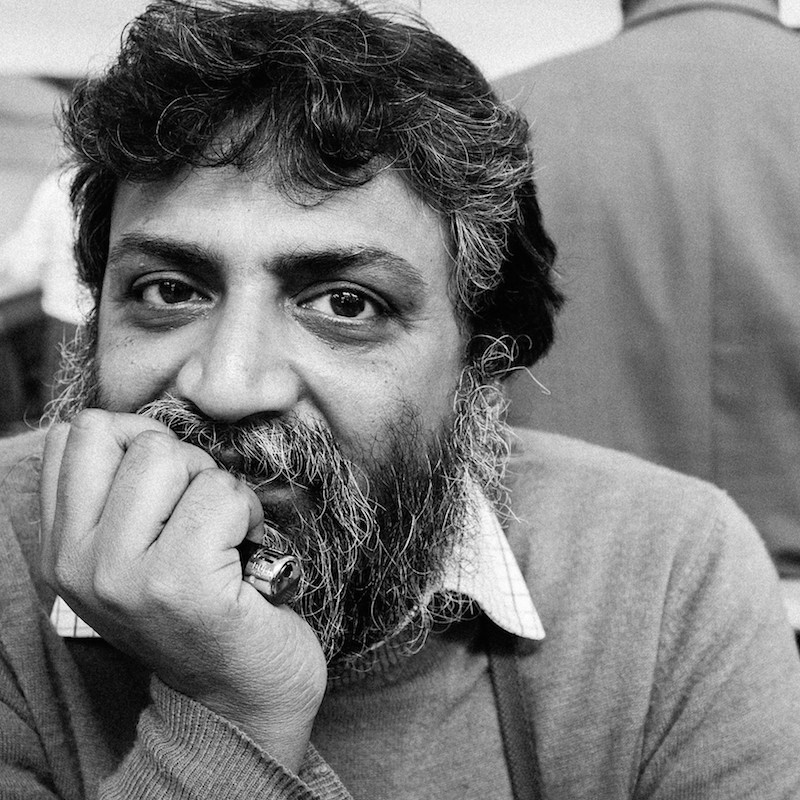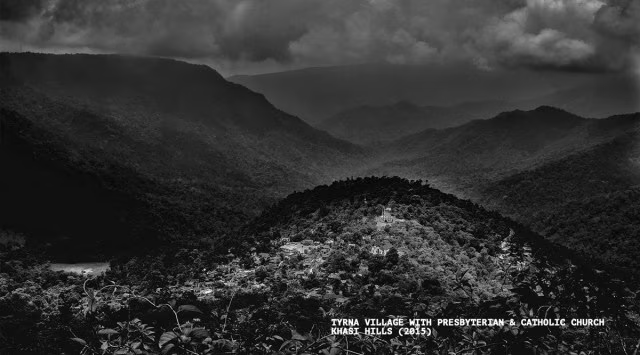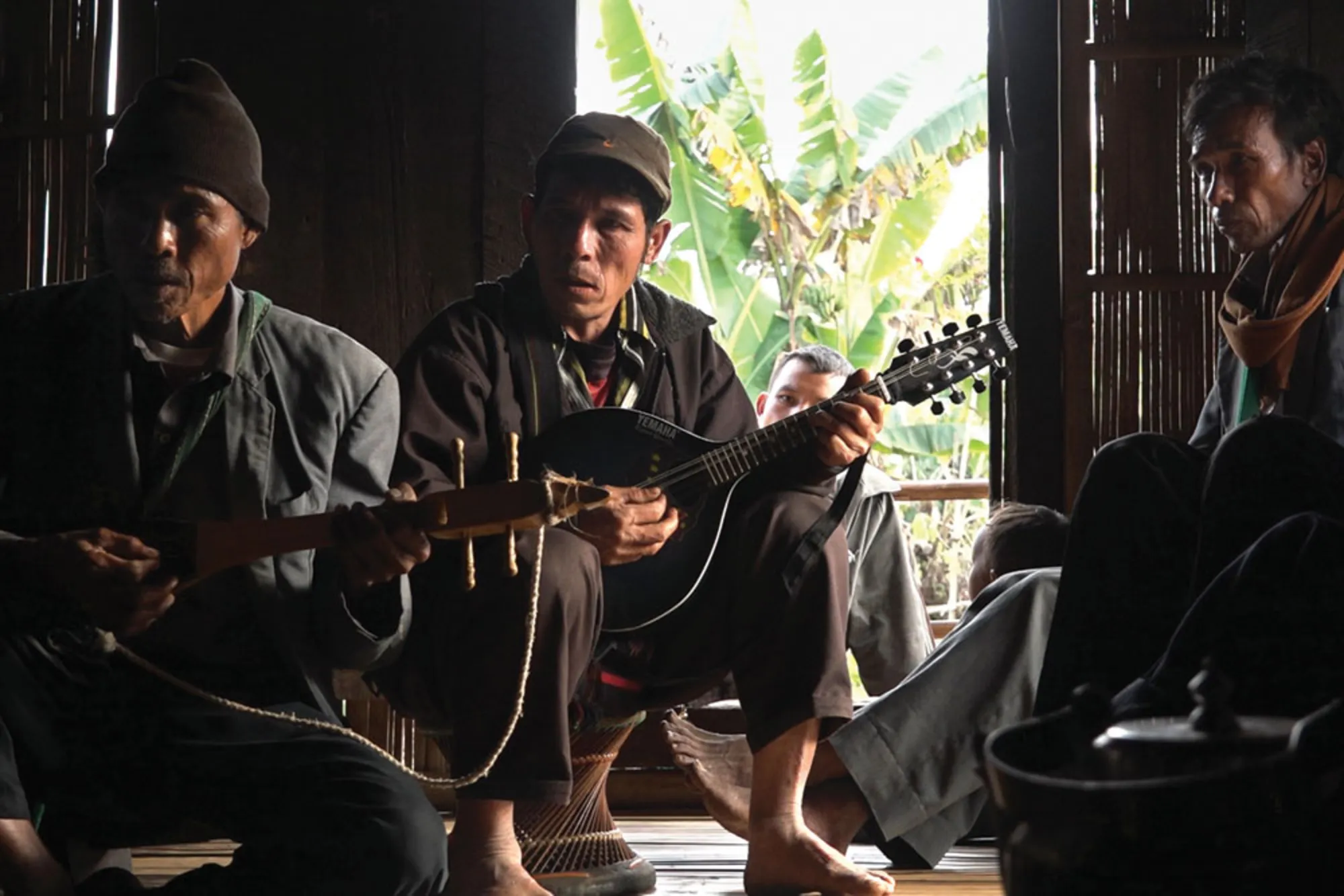Us desh ko bhool jao
Jaise us Masjid ko bhool gaye ho
[Forget about that homeland
The same way you’ve forgotten about that Masjid]
— Tarun Bhartiya
Titled ‘Desh’, this was Tarun’s last and briefest poem, written on December 6th, 2024, and circulated to his friends on WhatsApp. We lost Tarun in January 2025 to a cardiac arrest. The very same day that he was slated to do his second and last session in the Masterclass@KPFF2025 workshop on political documentary. Tarun’s absence will sit heavy on the political documentary space in India.

Tarun Bhartiya was a multifaceted artist—documentary filmmaker, film editor, photographer, poet—and political activist based in Shillong, in the Khasi hills. Tarun’s films include ‘La Mana’, ‘Brief Life of Insects’, ‘The Last Train in Nepal’, ‘Darjeeling Himalayan Railway’, ‘Tourist Information for Shillong’, and music videos for several Shillong-based bands.
As an editor Tarun worked on notable films with filmmakers like Vasudha Joshi (‘Girl Song’, ‘Songlines’, ‘Cancer Katha’), Sanjay Kak (‘Red Ant Dream’, ‘Jashn-e-Azadi’) and Ranjan Palit (‘In Camera’). In 2015, when he returned his National Award for Best Editing for ‘In Camera’ in protest against the state fascism, he quoted the story of Kong Spelity Lyngdoh Langrin, 90-year-old matriarch of the tiny village of Domiasiat, who rejected millions in lease fees by the UCIL and refused to allow Uranium mining in the hills.
Tarun’s photographs and image essays have been published in magazines and as covers of many books. His poems and their translations have appeared in various anthologies including ‘Dancing Earth: Contemporary poetry from North East India’.
He was a member of Thma U Rangli Juki (TUR), a progressive people’s group in Meghalaya that works with hawkers and vendors unions and in solidarity with anti-mining and anti-land grab movements, and a founder-member of the Raiot webzine.
Besides all else, he was a fierce advocate of independent screening spaces for political cinema, which naturally led to his friendship with the People’s Film Collective. He joined us as a participating filmmaker in the KPFF, as a panelist on alternative new media and its possibilities, and as a teacher in as many as three filmmaking workshops.


